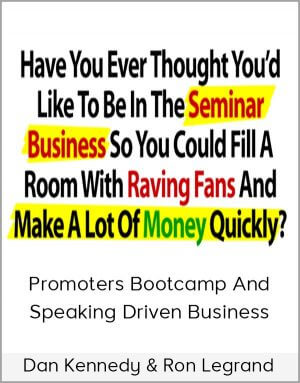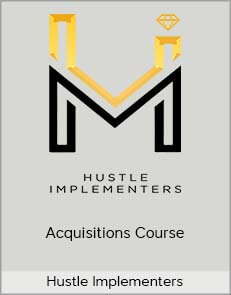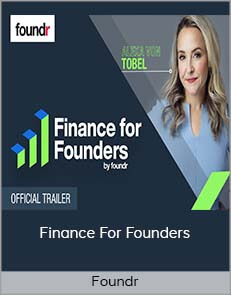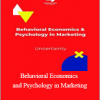Mindworx Academy – Behavioral Economics and Psychology in Marketing
$95.00$497.00 (-81%)
Step-by-step framework on how to apply 24 most powerful principles from consumer psychology and behavioral economics to increase conversions:
Mindworx Academy – Behavioral Economics and Psychology in Marketing
Check it out: Mindworx Academy – Behavioral Economics and Psychology in Marketing
What’s this Masterclass about?
This Masterclass reveals exactly how to use insights from 4 decades of research in consumer psychology and behavioral economics to increase conversions.
You’ll get a step-by-step framework on how to apply 24 most powerful psychological principles into your ads, landing pages, emails, sales funnels and everything in between.
2 years in the making
Produced in 4 different parts of the world
Created by world’s leading experts in the field
What you get in the Masterclass
Step-by-step framework on how to apply 24 most powerful principles from consumer psychology and behavioral economics to increase conversions:
7.5 hours
of video lectures
The core format and basis for the whole Masterclass. Each video is crammed full of valuable, instantly applicable info from 4 world-class experts.
14 eBooks
(350+ pages in total)
Custom-created for this Masterclass. It adds a wealth of valuable insights to the video lectures — including useful tips and fun facts that add depth and richness to your understanding of consumer psychology.
Ideation Prompts
Set of guiding questions related to each principle which will provide tremendous help in coming up with solutions you wouldn’t otherwise think of — and which can significantly change the results you get.
Full ADAPT framework
Step-by-step framework, which has only been available through in-person consulting with Mindworx. It has been tested in dozens of real-world projects and presented in over 110 workshops and presentations.
Official Masterclass certificate
Another way to highlight your new skills (and signal your upgraded worth to your clients, customers, colleagues and bosses), issued upon completing the Masterclass.
Who’s it for?
This Masterclass is for all those interested in consumer psychology and mainly for:
Conversion and UX specialists who want to learn the psychology behind why people buy
Copywriters who are eager to learn what to write and how to write it so that it converts
Strategists and Planners who need to understand what’s behind their customer’s decisions and how to influence them
Why “Behavioral Economics” in marketing?
Simply put, behavioral economics is an entirely practical field about how people make decisions and what drives their behavior. It gives you the tools to understand, predict and influence them.
As long as you do your business with humans, you will forever benefit from this knowledge.
Thanks to this Masterclass, you will learn:
That 90 — 95% of purchase decisions are subconscious. And how to shape those decisions.
What’s going on in your customers’ minds. And how you can easily influence what they buy, where they click or how they react.
How to use the tested & proven findings to improve your results.
Here are the 8 chapters:
What is BE and why does it matter for marketers?
More and more, marketing and communication are becoming a science. A science about what makes customers tick, how they behave and make decisions. Here, Rory will explain why marketers must learn about behavioral economics and why standard approaches to marketing and advertising are slowly dying.
Full of surprising examples, astonishing case studies and eye-opening insights, all wrapped in Rory’s unmistakable sense of humor.
A – Analyse the decision-making context
Matej will talk about the most common mistakes marketers make when they approach a project. He will give you the necessary tools to discover why customers aren’t doing what you want them to do.
Step-by-step he’ll take you through the process of analyzing the decision-making context. This crucial part must be made before you start coming up with ideas. Otherwise all the efforts and solutions you come up with might be in vain. Which would be rather unfortunate. Especially since there is a better way.
D – Drivers of behavior
You’ll learn powerful, scientifically proven behavioral tools which will enable you to change the behavior and decisions of your customer.
Matej will talk about surprising psychological principles which all clients were astonished to learn. He’ll share how unimportant it might be to talk about the benefits of your product or how simply changing the order of information you give can work wonders.
He’ll also unveil how they used these principles to boost conversion by 132%, increase the effectiveness of a campaign by 55% or how they improved CTRs by 57%. Not half bad, actually!
The main principles you’ll master are Uncertainty, Perceived Effort, Reciprocity, Social Proof and Loss Aversion.
A – Choice architecture
Sam will explore one of the most powerful ways to shape the behavior of your customer — changing choice architecture. The way the decision-making process is built, choices are presented and when you attract people’s attention is crucial.
Sam will talk about a tiny change on a website which brought 300 million in revenues. He’ll explain why more choice for customers can be literally deadly for your business and what to do about it. You’ll also find out how increasing friction for your customers can be a surprising goldmine.
We’ll cover the following concepts: Choice Overload, Defaults, Friction and Salience.
P – Perception of price and product
We will explain that people don’t know how much they are willing to pay for products or services and what power that gives you. You’ll see that customers cannot evaluate prices and offers in a vacuum, that’s why the context is crucial.
You’ll get powerful tools which can be used to change the decision-making context and thus the perception of prices, products and fairness of your offers.
You’ll be astonished to find out that customers might be happier if they wait longer, that a random number can make them pay more or that an irrelevant offer which no one chooses can be a game-changer.
The concepts you’ll learn are Fairness, Middle Option, Anchoring, Power of Free and Decoy.
T – Test and iterate
The last letter of the ADAPT framework talks about the last essential step on your way to designing solutions which really work.
It’s tough to predict which of your ideas will work best. Behavioral economics gives you the tools to create amazing solutions, but only testing them will clearly show which one is the winner.
Matej will explain how you should test, who to test on and what to do with the results.
Marketing tools
More and more of marketing is done online and you need great marketing tools to help you gather data, discover your customers’ behavior patterns and give you insights into which of the solutions you designed work and which don’t.
In this last chapter you’ll get our advice on some of the tools you should use. We travelled around the world to meet the people behind these tools and they will unveil how they work and what amazing value they can bring to you. Heartily recommended.
Case studies
At this point you’ll have learned all the powerful behavioral principles and will have mastered the ADAPT framework. So the best way to end this course is to show you how we — your 4 lecturers — have used all of it to solve specific challenges.
In this part you’ll hear 11 case studies where Rory, Sam and Matej used behavioral insights in product design, direct mail campaigns, website optimization, behavior change and more.
There’s nothing quite like seeing all that knowledge applied and working in a real-life context. This part provides both loads of inspiration as well as a great context to help you absorb the lessons and use them correctly in your own practice.
More information about SEO Marketing – Traffic:
Search engine optimization (SEO) is the process of increasing the quality and quantity of website traffic by increasing the visibility of a website or a web page to users of a web search engine.
SEO refers to the improvement of unpaid results (known as “natural” or “organic” results) and excludes direct traffic/visitors and the purchase of paid placement.
SEO may target different kinds of searches, including image search, video search, academic search, news search, and industry-specific vertical search engines.
Optimizing a website may involve editing its content, adding content,
and modifying HTML and associated coding to both increase its relevance to specific keywords and remove barriers to the indexing activities of search engines like Google ,Yahoo etc.
[citation needed] Promoting a site to increase the number of backlinks, or inbound links, is another SEO tactic. By May 2015, mobile search had surpassed desktop search.[
As an Internet marketing strategy, SEO considers how search engines work, the computer-programmed algorithms that dictate search engine behavior,
what people search for, the actual search terms or keywords typed into search engines, and which search engines are preferred by their targeted audience.
SEO is performed because a website will receive more visitors from a search engine the higher the website ranks in the search engine results page (SERP).
These visitors can then be converted into customers.
SEO differs from local search engine optimization in that the latter is focused on optimizing a business’ online presence so that its web pages will be displayed by search engines
when a user enters a local search for its products or services. The former instead is more focused on national or international searches.

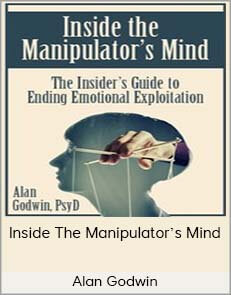





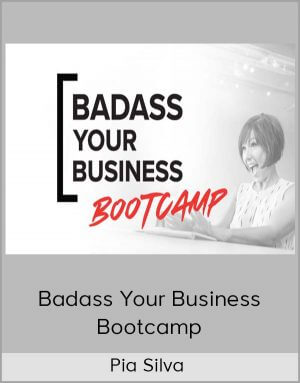

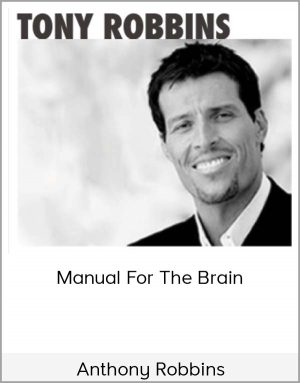
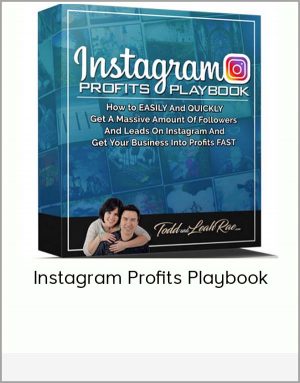

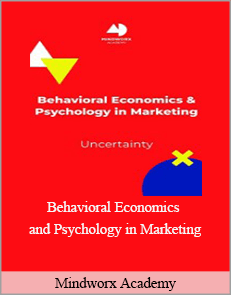
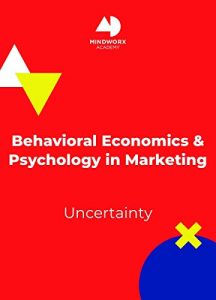


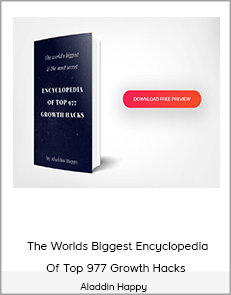

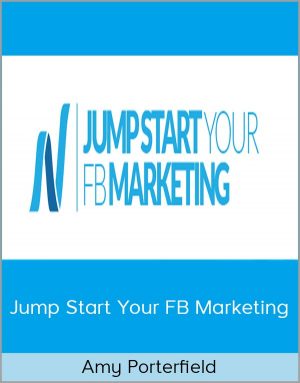

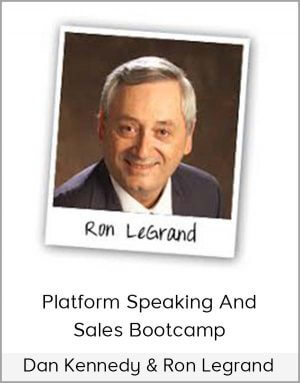
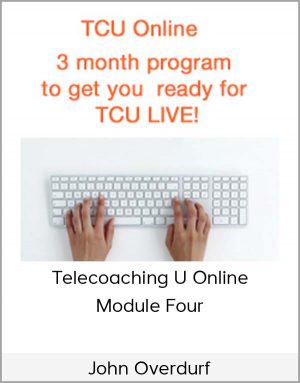
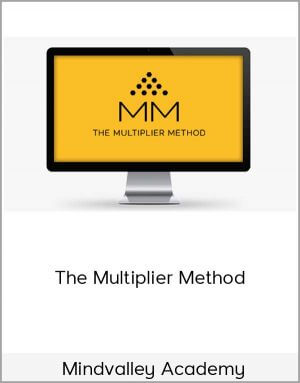
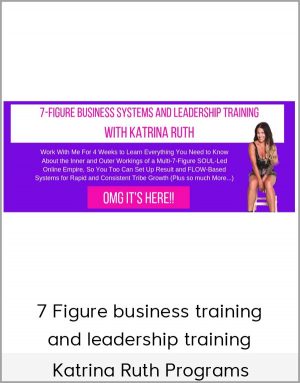
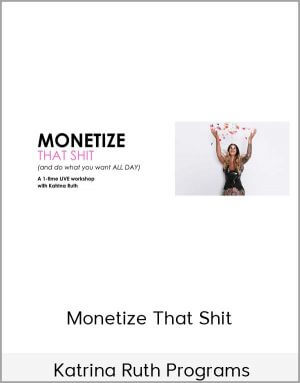
![Mindvalley Academy [Gina DeVee] – Live & Luxurious Course](https://havecourse.me/wp-content/uploads/2020/04/Mindvalley-Academy-Gina-DeVee-–-Live-Luxurious-Course.jpg)

